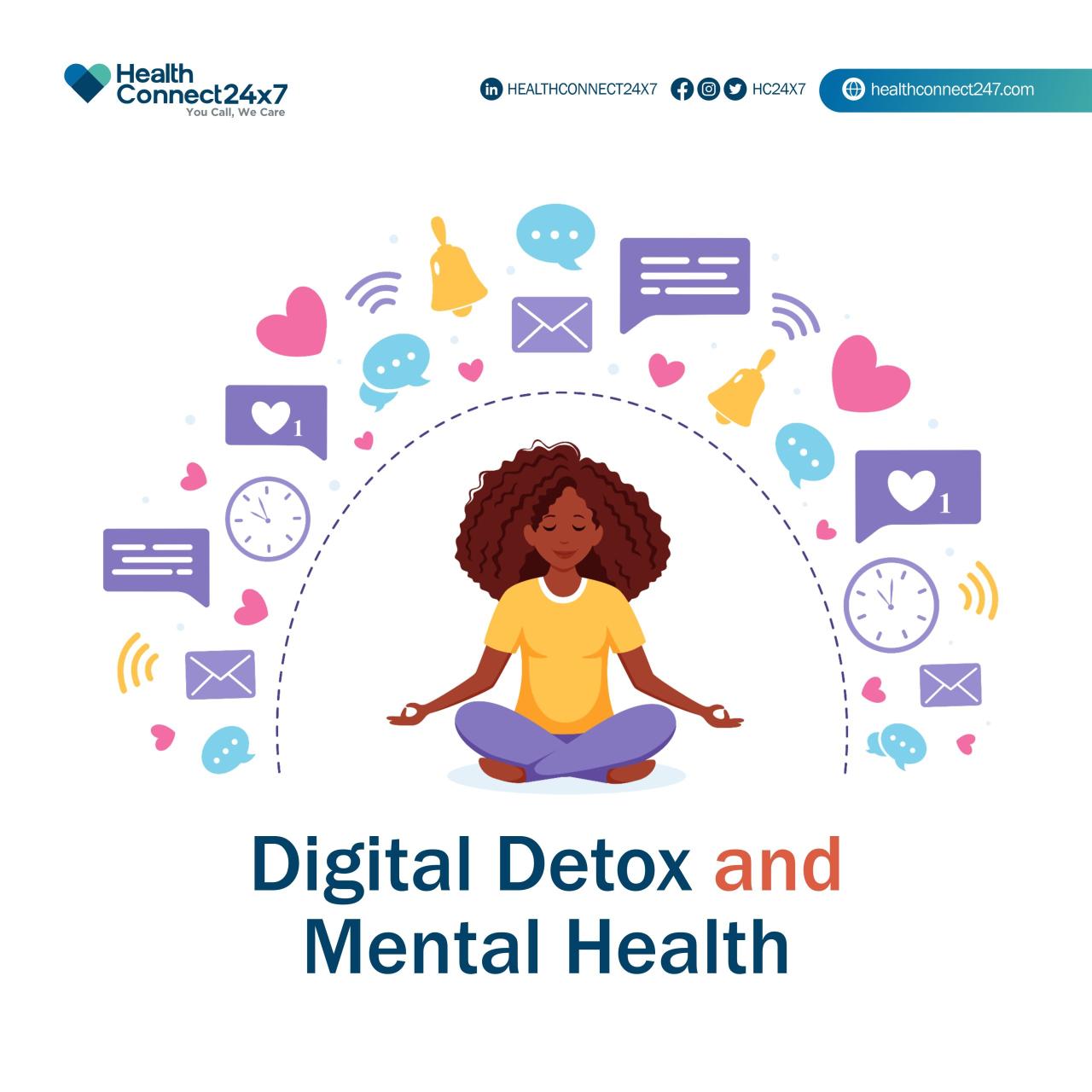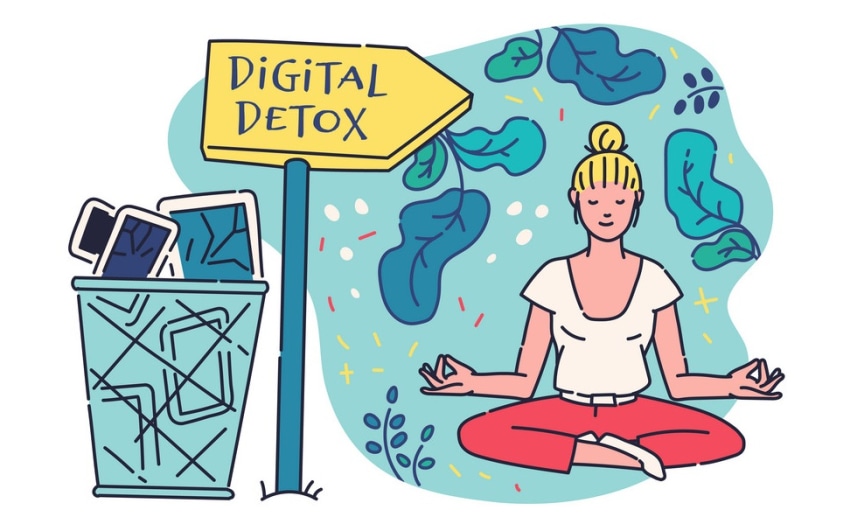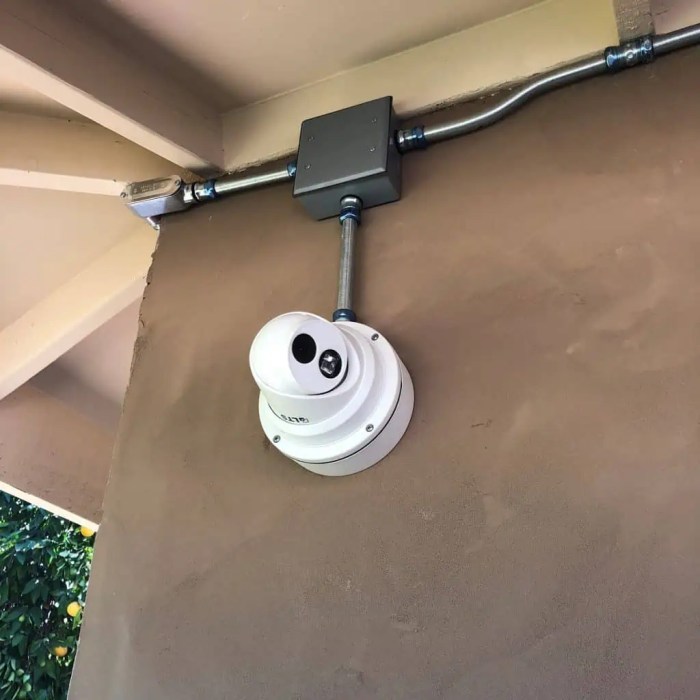The Impact of Digital Detox on Mental Health: A Comprehensive Guide
Exploring the impact of digital detox on mental health opens up a world of possibilities. Let's delve into how disconnecting from the digital world can profoundly influence our well-being and mental clarity.
As we navigate through the realms of digital detox and its effects on mental health, we uncover a fascinating journey of self-discovery and rejuvenation.
Introduction to Digital Detox
Digital detox refers to the period of time during which an individual refrains from using digital devices such as smartphones, computers, and social media platforms. It involves disconnecting from the constant connectivity and screen time that have become so prevalent in modern life.
Importance of Taking a Break from Digital Devices
- Allows for mental and emotional recharge
- Promotes mindfulness and living in the present moment
- Reduces stress and anxiety levels
- Improves sleep quality
Prevalence of Digital Detox in Today’s Society
In today's society, the need for digital detox has become increasingly recognized as the negative impacts of excessive screen time and constant connectivity have become more apparent. Many individuals are seeking ways to unplug and find a balance between their digital and real-world interactions.
The Relationship Between Digital Use and Mental Health
Excessive digital use can have a significant impact on mental health. The constant connectivity and screen time that come with today's technology can lead to various negative consequences on well-being. It is important to understand how our digital habits can affect our mental health in order to make informed decisions about our tech usage.
Impact of Constant Connectivity
Constant connectivity through digital devices can lead to feelings of stress, anxiety, and overwhelm. The pressure to always be available and responsive can take a toll on our mental health, leading to burnout and exhaustion. This constant state of being "plugged in" can also disrupt our ability to relax and unwind, impacting our overall sense of well-being.
Negative Consequences of Excessive Screen Time
Excessive screen time, whether from social media, gaming, or other digital activities, can contribute to issues such as decreased attention span, poor sleep quality, and increased feelings of isolation. Spending too much time in front of screens can also lead to a sedentary lifestyle, which can have negative effects on both physical and mental health.
It is important to be mindful of how much time we spend on our devices and the potential impact it can have on our mental well-being.
Benefits of Digital Detox on Mental Health

Taking a break from digital devices can have numerous positive effects on mental well-being. Disconnecting from technology allows individuals to recharge, focus on the present moment, and prioritize self-care.
Improved Sleep Quality
Reducing screen time before bed can lead to better sleep quality. The blue light emitted by screens can interfere with the production of melatonin, the hormone responsible for regulating sleep. By engaging in a digital detox, individuals may experience deeper and more restful sleep.
Enhanced Relationships
Disconnecting from digital devices can also improve relationships with others. Spending quality time with loved ones without distractions from technology can strengthen bonds and foster deeper connections. Face-to-face interactions become more meaningful and fulfilling.
Increased Productivity
By taking a break from constant digital stimulation, individuals may find themselves more focused and productive in their daily tasks
Reduced Stress and Anxiety
Digital detox can help reduce stress and anxiety levels. Constant exposure to social media and news can contribute to feelings of overwhelm and anxiety. Disconnecting from these sources of information can provide a much-needed mental break and promote a sense of calm.
Strategies for Implementing a Digital Detox

Implementing a digital detox can be a challenging but rewarding process. By incorporating practical tips and step-by-step methods, you can successfully reduce screen time and create a healthier balance between digital usage and mental health.
Set Clear Boundaries
- Establish specific times of the day when you will not use any digital devices, such as during meals or before bedtime.
- Designate certain areas in your home as tech-free zones to limit screen time in those spaces.
- Communicate your boundaries with friends and family to ensure they respect your digital detox goals.
Engage in Offline Activities
- Find hobbies or activities that do not involve screens, such as reading a book, gardening, or exercising.
- Schedule regular outdoor time to disconnect from technology and reconnect with nature.
- Join clubs or groups that focus on in-person interactions to reduce reliance on digital communication.
Practice Mindfulness
- Take breaks throughout the day to practice mindfulness techniques, such as deep breathing or meditation, to reduce stress and improve mental well-being.
- Avoid multitasking and focus on one task at a time to enhance concentration and productivity.
- Be present in the moment and limit distractions by turning off notifications on your devices.
Wrap-Up

In conclusion, the impact of digital detox on mental health is undeniable. By taking intentional breaks from technology, we pave the way for improved mental well-being and a more balanced lifestyle.
Clarifying Questions
How can digital detox positively impact mental health?
Digital detox can reduce stress, improve sleep quality, and enhance overall mental clarity and focus.
What are some practical tips for implementing a digital detox?
Set designated tech-free times, engage in outdoor activities, and limit screen time before bedtime.
Is digital detox suitable for everyone?
While digital detox can benefit most individuals, it's essential to find a balance that works for your lifestyle and needs.




